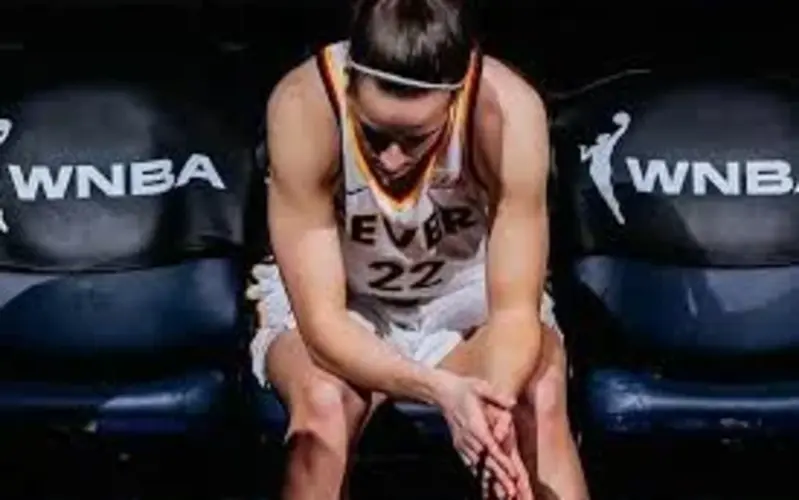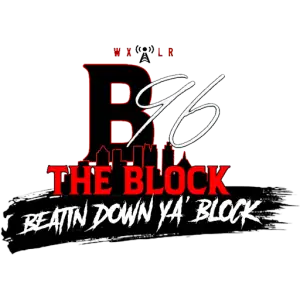
Caitlin Clark had been a name on every sports fan’s lips since her breakout sophomore season. With her logo-range threes and fierce competitiveness, she didn’t just light up the scoreboard—she lit a fire under a long-overlooked segment of sports: women’s college basketball.
By 2025, Caitlin had transitioned to the professional stage with the same audacity that had defined her college career. But as her star rose, so did the scrutiny. What began as spirited debates over her shot selection and court demeanor slowly morphed into something sharper, more personal. Some called her arrogant. Others questioned her place among the legends. And as her visibility grew, so too did the volume of voices—critics on social media, pundits on TV, even former players dissecting her every move.
It wasn’t just basketball. It was culture. Caitlin, an emblem of a new generation of athletes, stood at the crossroads of tradition and transformation. The hate wasn’t always about her—it was about what she represented. For some, she was a symbol of change they didn’t welcome.
But Caitlin wasn’t new to pressure. She’d been doubted before—too confident, too flashy, too much. And she had always responded the same way: with work. Early mornings in the gym. Film sessions with coaches. Conversations with teammates. She absorbed the criticism, filtered out the noise, and kept moving.
In interviews, she rarely addressed the hate directly. “I just love the game,” she’d say, always steering the conversation back to basketball. But those close to her knew it affected her. The private moments of reflection. The journal filled with thoughts she’d never share publicly.
Then came the moment that changed the narrative.
It was a playoff game, nationally televised, packed arena. Down by one, five seconds on the clock, ball in Caitlin’s hands. The defense swarmed—she hesitated, crossed over, stepped back, and fired from deep. The buzzer sounded as the ball swished clean through the net.
The crowd erupted. But the silence afterward was louder.
Because in that moment, all the doubt, all the noise, all the hate—it didn’t matter.
The next day, an op-ed ran in a major sports outlet: “Let Her Be Great.” It wasn’t just about Caitlin. It was a call to stop tearing down women who dared to be unapologetically excellent. The piece went viral. Athletes across sports chimed in. Conversations shifted—from criticism to celebration, from doubt to respect.
Caitlin Clark’s story wasn’t just about basketball. It was about persistence in the face of polarization. About redefining leadership. About being a lightning rod and still choosing to light the way.
She would still face hate. That was inevitable. But now, more people were asking the right question:





















